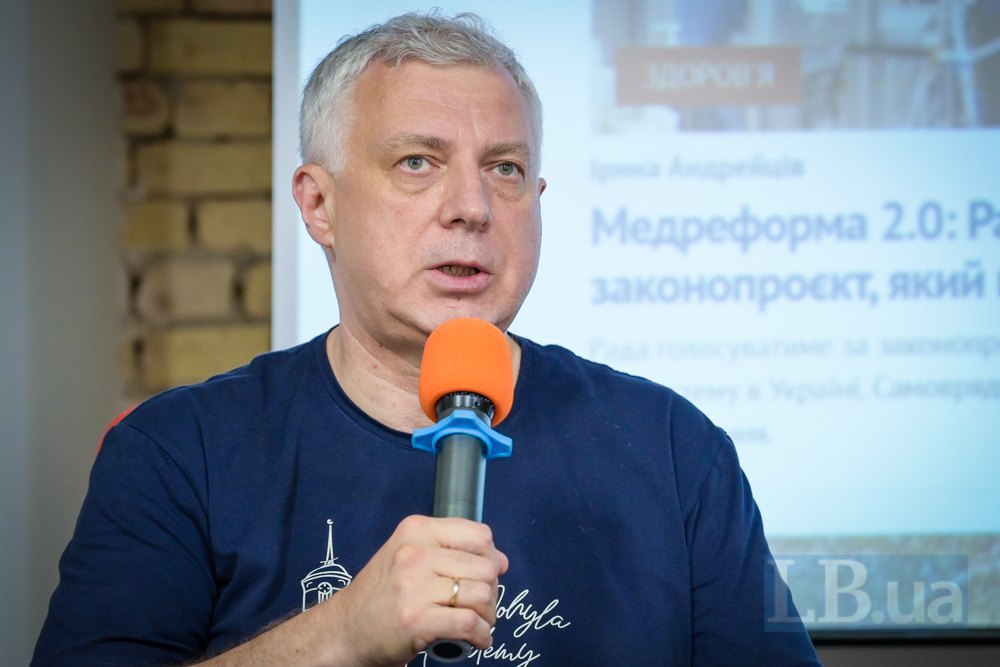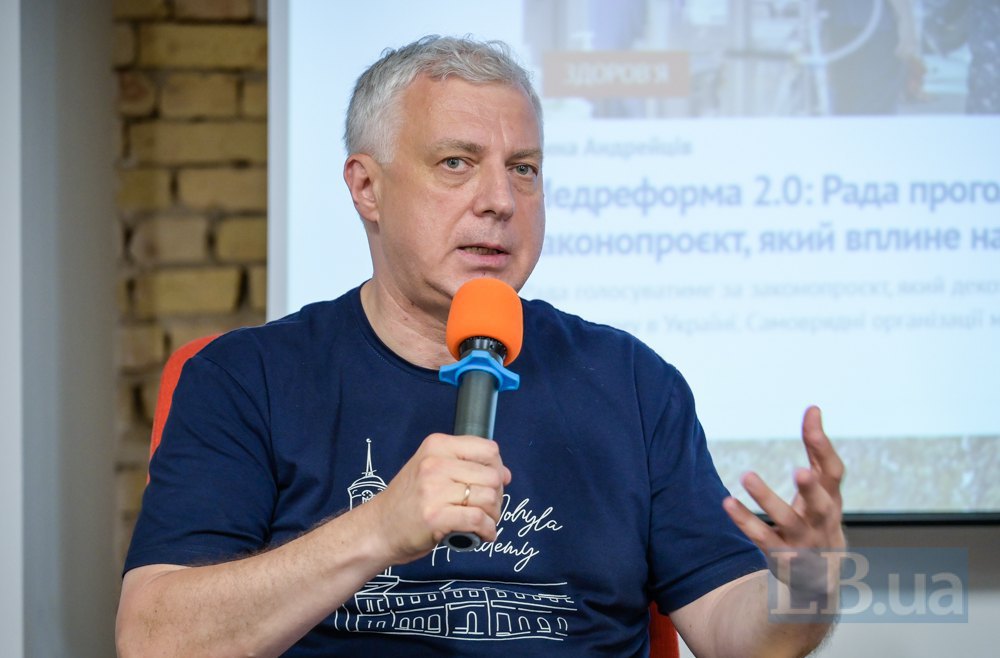
On the autonomy of universities
The problems that Ukraine is solving in higher education today stretch back to the 1990s, says Serhiy Kvit. And the main reason is that the state controls the financial life of universities.
"A good example is that for a long time the Treasury has not been transferring money for research on how applicants and their parents view education, the admission campaign, etc. We need a study not after the admission campaign, but before we accept documents. The state treats our funds as if they were its own. And this is not even a special fund, although the special fund is not budgetary funds. But this is money that we have raised, sponsorship money with the wording for the development of the academy, and we cannot achieve it," the rector complains.
This is despite the fact that during his ministerial term (February 2014 - April 2016), he managed to secure the right for universities to open accounts in state-owned banks. But now it has been largely levelled, says Kvit.
"The key idea of the law on higher education was comprehensive university autonomy: academic, financial, and organisational. We have achieved the academic one - all our universities have the same rights as American, Canadian or Australian universities. But universities cannot capitalise on their achievements because the state continues to control their financial life.
I understand that some things cannot be implemented during a full-scale war. But we need to see the future, where we are heading. We can postpone some decisions, but there is no alternative to autonomy," says the KMA rector. According to the Western analogy, the national interest of the state should be to have quality graduates, the results of quality research that would change the economy and society, not to control which table a university buys and for how much, he adds.
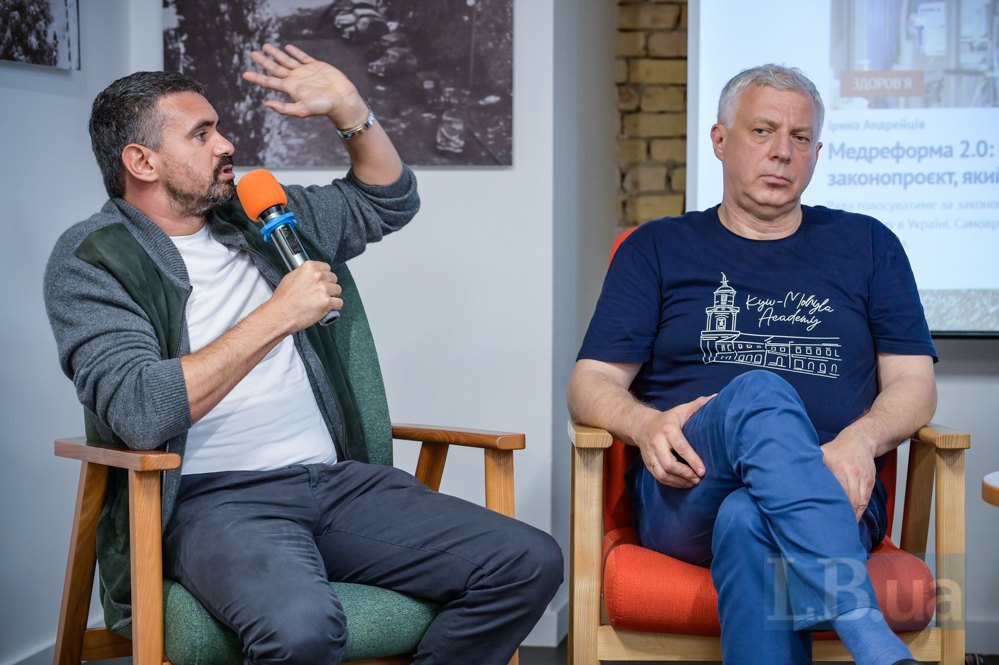
"We basically support the proposals of the Ministry of Education. The problem is that the Ministry alone cannot change the system without the support and understanding of the government and the Verkhovna Rada. That is, society must have an understanding of where we need to go. Some decisions are made, some ways are announced, but then priorities change - decisions sometimes get stuck and cannot be implemented.
Universities, followed by society, followed by students and their parents, need to see the future. This perspective must be mentioned - we must have strong, capable and autonomous responsible universities. Only then will the problem of cutting the network in half disappear," says Kvit.
"If a university is financially responsible, it correlates with the fact that it relies on its reputation. No reputation means no money. This should be a priority," he insists.
About supervisory boards
The issue of effective supervisory boards in higher education institutions was raised by the acting rector of the National Academy of Sciences, Kseniya Semenova. In her opinion, a corporate form of governance could save universities from ineffective rectorial leadership. Serhiy Kvit supports Semenova's thesis, but notes that it is still tied to the autonomy of educational institutions.
"This is very correct. And the most influential supervisory boards that have power are in America. They can easily fire the rector and replace him in a second. But the problem is that they bring all the resources to the university. That is, they are not dependent on the state in any way, at all. In Ukraine, the Stalinist system remains. One rector is responsible for everything. In our conditions, the supervisory board cannot have more powers, because it will not be responsible for anything. Only the rector will be legally responsible. Therefore, it is not just a matter of one resolution. In order to come to corporate governance, we need to make universities financially responsible, which means they need to be autonomous," says the head of Mohyla Academy.
Does everyone need higher education?
In the Soviet Union, the statistics were roughly the same as in the West: about 20% of school leavers became students, while the rest went into the labour market, recalls Serhiy Kvit.
"It was absolutely normal. I myself studied at a vocational school. The European Union now declares that approximately 30% of school leavers go to university. I think we have a much higher number [42% - this figure was mentioned during the discussion]. It was disproportionate. Not everyone can go to university. Not because they can't, although many people can't. This is because they don't need to - life is too long. But they cannot find a decent job with a good salary on the labour market.
A poor country cannot have modern, high-quality universities. It is interdependent. Universities create an innovative economy. They send people to the labour market. But the economy has to be good. Without a proper economy, there will be no quality universities that are competitive, at least in the international arena," the rector said.
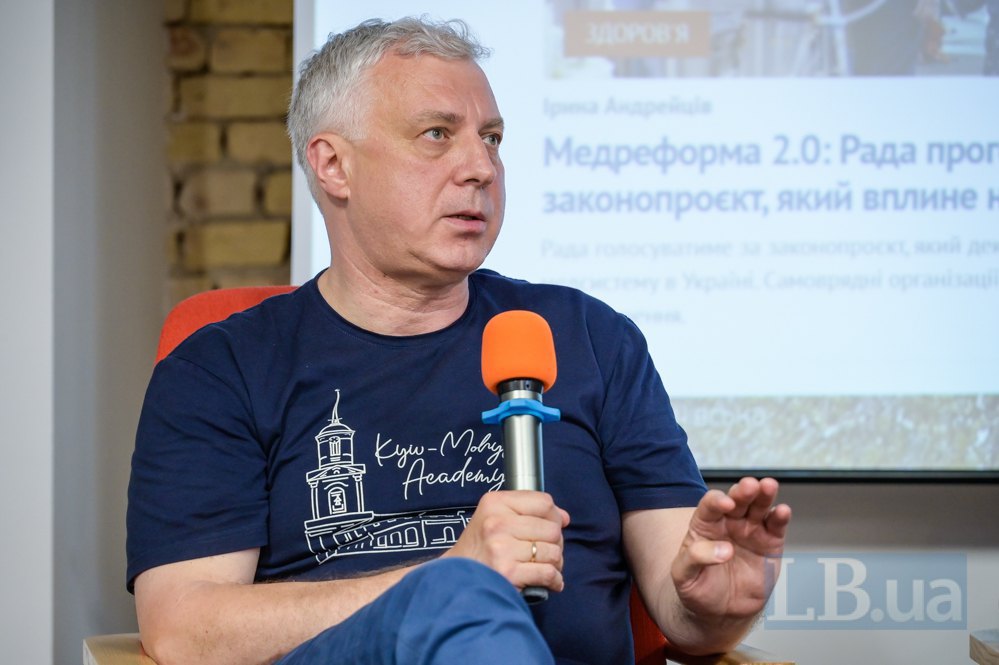
Education during the war
During the Second World War, governments of all countries always tried to continue the educational process as far as possible. This is important not only for training personnel, but also for creating a prospect of return for families who have moved abroad, says Serhiy Kvit. If there is no educational system, young people will simply not connect their future with Ukraine.
According to Kvit, Mohylyanka (short for Mohyla Academy) opened a faculty of health sciences and a school of vocational and natural education during the full-scale war.
"We are in the process of establishing a medical faculty. It will be a public-private partnership. That is, they created such a large project as Kyiv-Mohyla Global Academy. International cooperation is growing. But I want to say that our university remains in its niche. We are proud of our community. The community is the main thing. Not faculties, but a community. This is what is most attractive for applicants and their families, for their parents. They leave consciously. And almost nothing has changed in terms of the statistics of the admission campaign," the rector of the Kyiv-Mohyla Academy emphasises.
Education and the labour market
According to Serhiy Kvit, it is important to link the education system with the labour market, as employers today do not order training for specialists and do not participate in the creation and development of educational programmes.
"When we were working on the law on higher education in 2011-2012 and early 2013, we created prospects in the legislation, opened an official, legal way for employers to enter the classroom. We have created the National Agency for Higher Education Quality Assurance... But employers remain largely inert to education, they are determined to retrain graduates, and do not influence higher education institutions. Mostly.
And large employers are even worse. I'm not saying that all of them, of course. But what I have encountered is that they do not believe that Ukrainian universities or Ukrainian researchers and scientists can offer, say, a product: a medicine or an invention that can become an innovation. They are ready to pay more for packaged Western products than to hope to grow this product at home," the rector notes.
Accordingly, universities "often present their graduates as employers, with whom they have a comfortable relationship".
"Come to the graduation, tell the graduates how well you studied. But this is not a request, not a critical attitude, not participation. And especially not material participation. And even more so, they do not participate financially in the development of Western education," he adds.
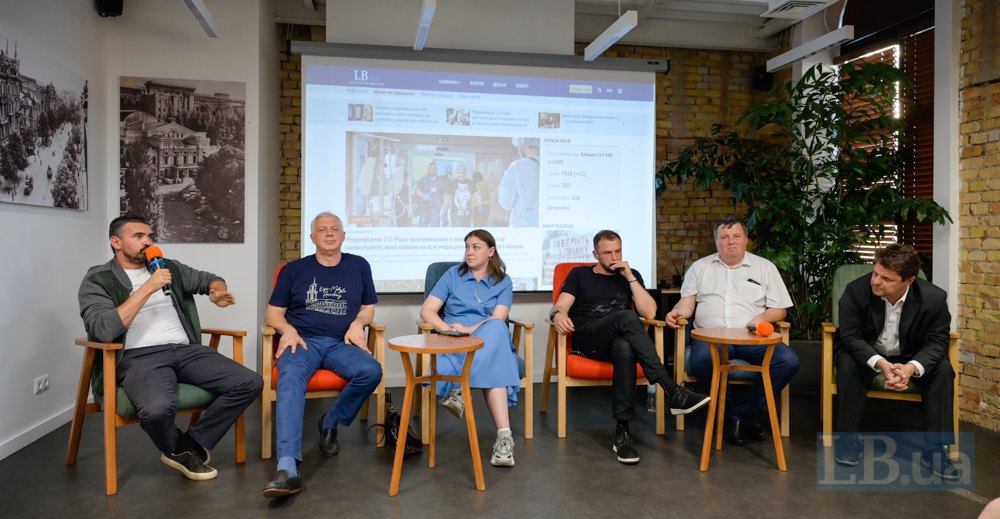
The importance of research
In the context of discussing higher education, it is crucial to mention the importance of research, says Serhiy Kvit. There is no future for Ukraine without research, he believes, because it is research that turns into innovation.
"We cannot rebuild it from scratch. We have something left of the Soviet military-industrial complex, and it is rolling, but it is not a prospect. We need to talk about these things separately, we need to integrate the system of the National Academy of Sciences and the system of our universities, and this should become part of the policy. We hope that after the war we will return to these kinds of issues in full," says Kvit. After all, in global university rankings, it is research, its implementation, and publications that produce the greatest results, he adds.
"We used to calculate how much Ukraine spends on research, if you take the systems of the National Academy of Sciences, universities, and industry institutes, it would be about what a medium-sized European university spends on research. It is nothing.
Why do we stay afloat? Through internationalisation. That is, our outstanding researcher has one foot in our academic institute and the other foot in America, Germany, France, where he can be realised, so he produces publications. We are keeping the system afloat, but we cannot even understand the competition we are in. It's a serious matter: there is no higher education without research," summarises the head of Mohyla Academy.
